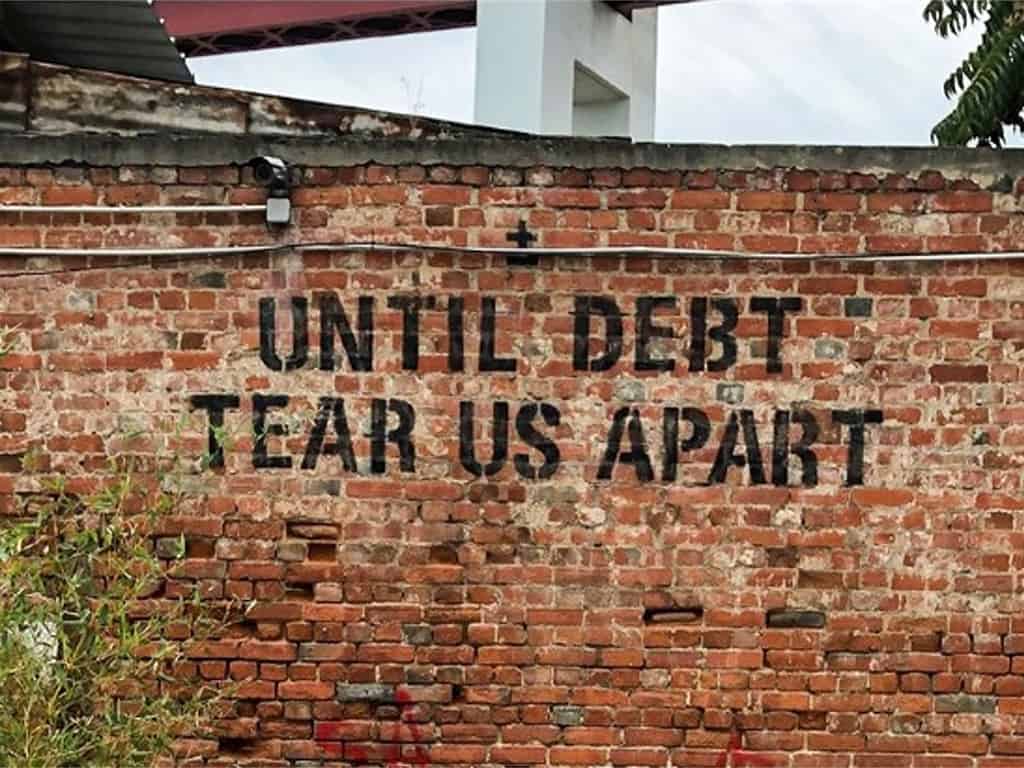The Salvation Army has warned of a new Covid underclass, predicting widespread and previously unseen challenges far beyond the capability of the present social welfare system for New Zealand families emerging from lockdown.
Five areas are identified in its third C19 Social Impact Dashboard as requiring investment in what it calls “the new social and economic order”, including a rigorous system of food security. “In a country whose primary export is food, there is no excuse for any New Zealander to be short of food.”
It noted “considerable increases” in demand for food in and in mid-April it delivered 5,895 food parcels nationwide, a 346% rise on the week prior to lockdown.
The Salvation Army provided 52 of the 1,000 food parcels HB Civil Defence and Emergency Management Group (HBCDEM) delivered to Hawke’s Bay people in need. That was up 41% on the number it provided to locals pre-lockdown in the first week of March.
Its services have been open in a modified way and food parcels provided through support from individual and corporate donors, particularly through the online foodbank site (www.foodbank.org.nz).
The latest Social Impact report says the 2020 Budget needs to provide financing over the next eighteen months for a refreshed economy and social environment with robust systems in place, including income guarantees, to ensure no one is in poverty.
This was particularly concerning for Māori. “We must have a new sustainable economy that includes all New Zealanders having greater wellbeing.”
While it was inevitable that levels of debt will increase, resources should be put in place to provide hope and prevent this being “a crippling strangulation on future wellbeing”.
The Salvation Army has called for stronger and more strategic credit and debt regulation in line with the Covid-19 protections for consumers implemented in the UK. “The current approach is like throwing cups of water on a house fire.”
Building financial capability was essential to support budgeting services and financial mentors on the frontline serving those facing debt, unemployment and financial hardship.
It has also called for multimillion-dollar funding for alcohol and other drug services, including tele-health, and embedding mental health into addiction services to help these groups cope with the current and emerging alcohol and drug issues in post-Covid New Zealand.
Its fortnightly C19 Social Impact Dashboard attempts to record the outcomes of “the new social realities” particularly for “poorer, vulnerable Kiwis facing serious hardship in this new normal”.
Its April 23 report talked about a new Covid-19 underclass which required “urgent and radical” government action. “People losing their income, housing and jobs, as a result of Covid-19 will be the new face of social need in New Zealand.”
“Of further concern are immigrants formerly vital to New Zealand productivity, but now jobless and without any entitlement to Government support,” said Salvation Army National Social Policy Director Ian Hutson.
The report says the housing crisis is also deepening with people unable to pay their rent or mortgage and likely to add to “an already out of control need for social housing”.
The waiting list for social housing totals 15,495, with more than 5,000 households isolated in transitional or emergency housing.
The Salvation Army wants a multi-billion investment to address the housing crisis. It says this should include a significant social housing building programme; a national progressive homeownership programme giving all households with an income over $60,000 the chance to own a home of their own, and the creation of a new public supply of houses for rent.
Spokesperson Louise Parry said The Salvation Army’s officers and staff are hoping to be able to meet with people face-to-face at community ministry sites in Hawke’s Bay from Thursday.

